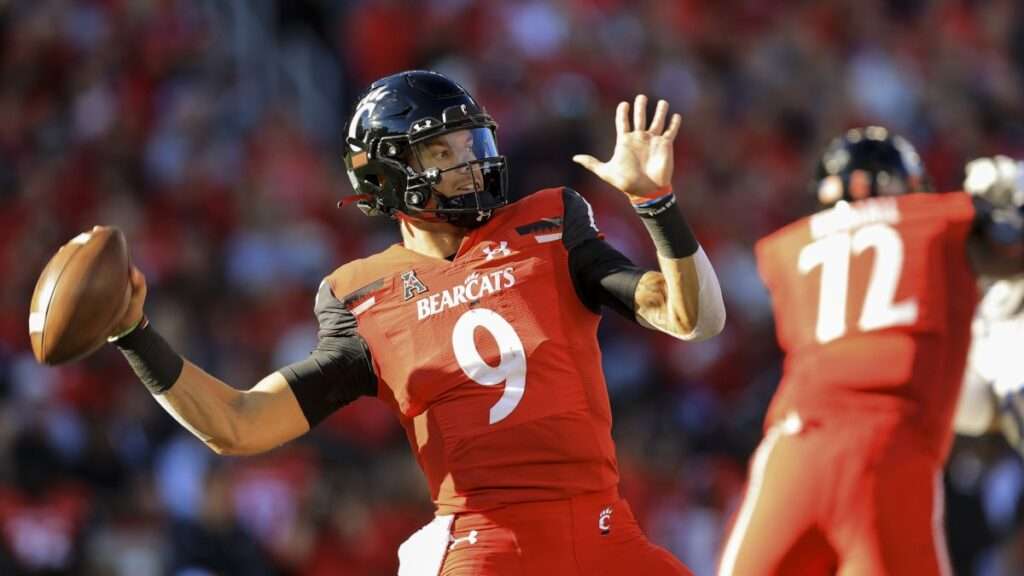In the highly competitive realm of the NFL, the trajectory of a quarterback can often be unpredictable. Desmond Ridder, a second-year quarterback, has faced his share of challenges and criticisms. However, rather than dismissing his potential, it’s essential to recognize the factors influencing his early career.
1. The Learning Curve: Time is Essential
- Acclimatization to NFL Speed
Quarterbacks often take time to adjust to the pace and intensity of professional football. For instance, Drew Brees struggled initially before becoming a Super Bowl champion. Ridder, too, deserves the time to find his rhythm, as developing into a successful quarterback is not an overnight process. - Opportunities and Growth
Early setbacks are common. Ridder has not yet reached his full potential, and it’s premature to label him as a failure. The right support and time are crucial for his development in this demanding league.
2. Challenges in Atlanta
- A Strained Environment
Ridder’s opportunities with the Atlanta Falcons were marred by inexperience at key positions. The pressure on Coach Arthur Smith to deliver immediate results left little room for a young quarterback to grow. - Lack of Support
With an aging Matt Ryan and a transition to Marcus Mariota, Ridder entered a tumultuous situation, which hindered his ability to showcase his skills effectively. The team dynamics play a significant role in a quarterback’s success.
3. Comparisons with Peers
- Contextualizing Expectations
Comparing Ridder to other young quarterbacks like Justin Fields and Bryce Young is important. Fields has faced similar challenges yet demonstrated flashes of brilliance. Each quarterback’s journey is unique, shaped by the support they receive and the situations they encounter. - Pressure in the NFL
The NFL is unforgiving; success requires not just talent but also the right system and resources. Ridder’s struggles highlight the importance of these factors in a quarterback’s development.
4. A Fresh Start in Arizona
- New Opportunities Await
As Ridder transitions to the Arizona Cardinals, he enters a new phase that could provide the environment he needs to flourish. With Kyler Murray’s injury concerns, he may have a chance to prove his worth. - Learning from the Bench
A change of scenery could be beneficial. Learning from the sidelines may offer Ridder the perspective and experience he needs to enhance his skills without the immediate pressure to perform.
A Bright Future
Desmond Ridder’s journey is just beginning. With the right circumstances and support, he has the potential to become a successful quarterback in the NFL. It is vital for fans and analysts to remain patient and supportive as he navigates this challenging path. In the world of professional football, perseverance often leads to success, and Ridder’s story is far from over.
Additional Tips for Readers
- Focus on Player Development
Understand that many young players, like Desmond Ridder, need time to adjust to the NFL. Growth doesn’t happen overnight, so patience is key. - Consider the Team Environment
When evaluating a player, think about their team and coaching situation. A supportive environment can make a big difference in a player’s performance. - Support Young Players
Encourage a positive attitude among fans. Recognizing that players are still learning can help create a more supportive culture, which is crucial for their development.
Why This Matters
These tips help you think more deeply about how young athletes grow in their careers. By keeping these points in mind, you can better understand the challenges they face and why some players take longer to succeed. This way, your discussions about football become more informed and insightful!

